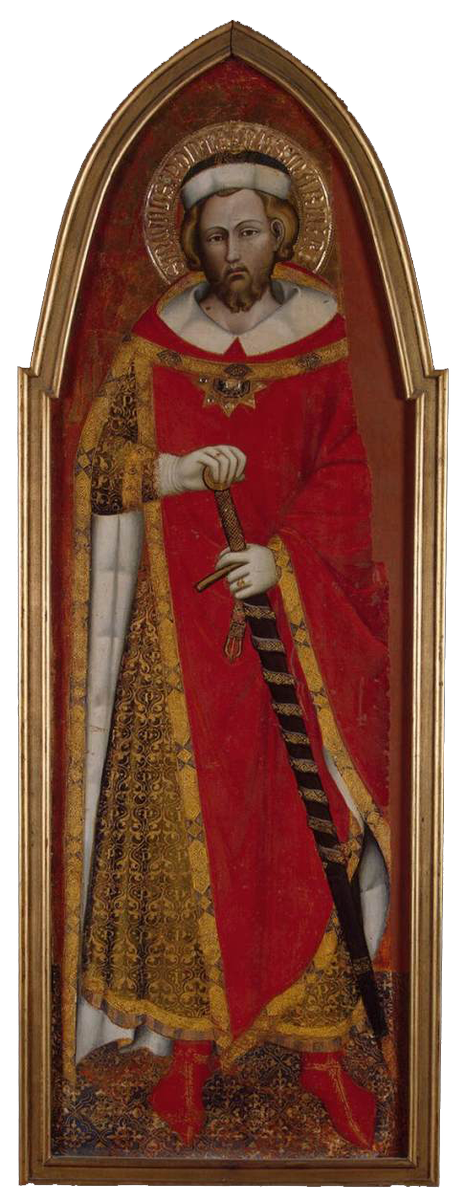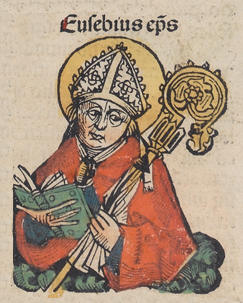
*
If at first, you don’t succeed… well you know the rest. But what about attempting the conversion of others? What about facing continued rejection, intimidation, and even threats of persecution and death? Are we required to share our faith with others who hate us and hate what we believe? Are we called to bring Christ to them, or should we leave them be? Afterall, Jesus did say, “Whoever will not receive you or listen to your words—go outside that house or town and shake the dust from your feet” (Mt. 10:14) and “When they persecute you in one town, flee to another” (Mt. 10:23).
This may have been in the mind of today’s saint, Apollinaris. According to legend, he was sent by St. Peter to the city of Ravenna, Italy. With the working of miracles, he attracted attention and converts, but also enemies, who beat him and drove him out. He was found and hidden by Christians, but then captured, compelled to walk on coals and again expelled. He stayed in the area and preached, but later returned a third time to Ravenna. “Again he was captured, hacked with knives, had scalding water poured over his wounds, was beaten in the mouth with stones, … was flung into a horrible dungeon to starve to death;” but then put on a ship to Greece. After four years he returned to Ravenna a fourth time, staying hidden, but was discovered and, again, savagely beaten, after which he died.
What compelled him to keep returning when he knew what would happen to him? It may be, that as bishop he wanted to be with his flock. Whatever his reasons, he faced death for the sake of the Gospel. We may not be called to die for the faith, but we are called to witness.
 *
* **
** *
*
